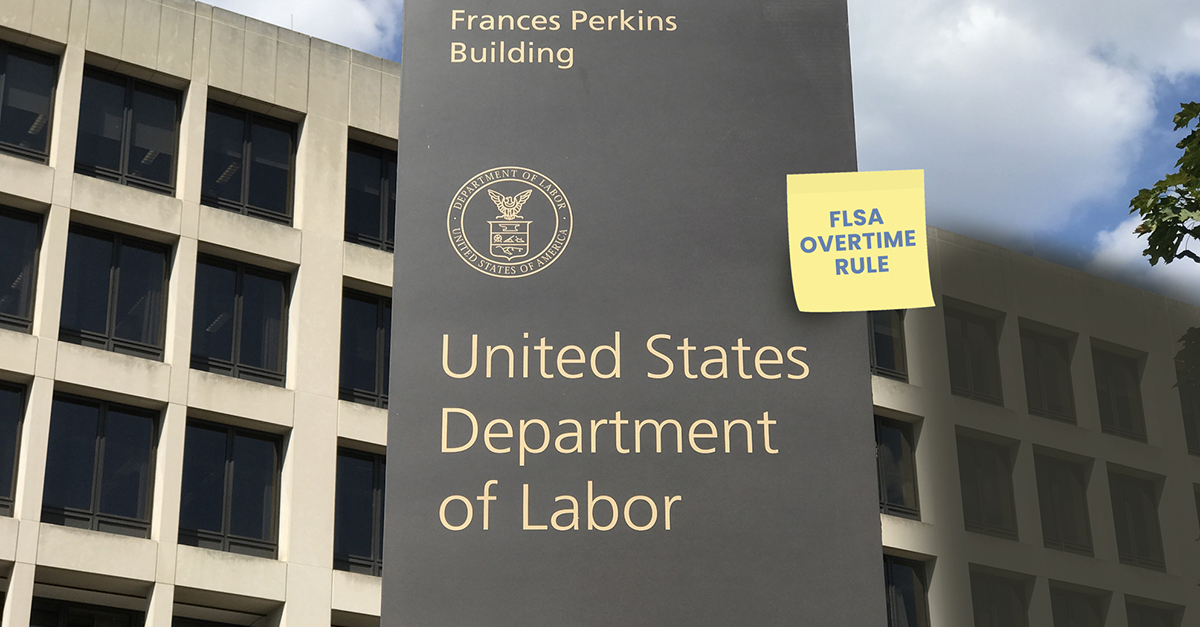What can we help you with today?
Filter by Topics
Filter by Category
Found 1193 results

Workspan Magazine
07/27/2023
Recognizing Advantages and Drawbacks Denise Visconti, a shareholder at employment and labor law firm Littler Mendelson P.C. in San Diego, notes that “there are a number of states that require all sales compensation plans be in writing and, in some circumstances, signed by the employee and the employer.”
Author(s):

Workspan Daily
08/08/2024
On July 24, Massachusetts became the latest U.S. state to pass a related law.
Author(s):

Workspan Daily
01/14/2025
“It’s necessary to follow wage-and-hour and leave laws, as well as any collective bargaining or employment agreements.
Author(s):

Site Page
She adds “Certification was a big step in my career, making me more confident and helping me grow in my vocabulary and knowledge about international rewards laws.”

Journal Article
03/01/2021
According to a poll by LinkedIn, roughly 60% responded that they expected employers to pay for work-from-home expenses, yet only one in 10 employers have offered to subsidize the cost of working from home (Marcellus 2020).
Author(s):

Workspan Daily
03/09/2023
Three exceptions to the board discretion rule relate to cost of recovery, violation of home country laws or tax-qualified retirement plan terms.
Author(s):

Workspan Daily
09/15/2023
The deal, if approved by both houses of the state legislature by Thursday, would supplant a law passed last year that created a sharp fight between unions and the restaurant industry.

Workspan Magazine
06/11/2025
In addition, numerous jurisdictions enforce laws related to pay equity and pay transparency, compelling organizations to uphold fair compensation practices.
Author(s):

Workspan Magazine
11/03/2023
Equal Employment Opportunity Commission, for example, held a public hearing to examine the use of automated systems and AI in employment decisions, including the recruitment, hiring, monitoring and firing of workers.
Author(s):

Workspan Daily
06/23/2023
The proposed rules are important to employers because they are expected to modify the salary level at which many workers become exempt from the Fair Labor Standards Act’s minimum wage and overtime requirements, according to the DOL.
Author(s):
